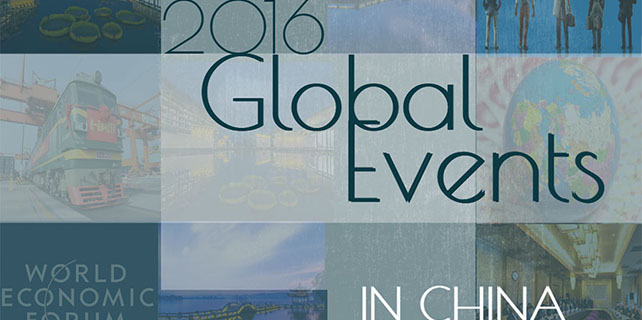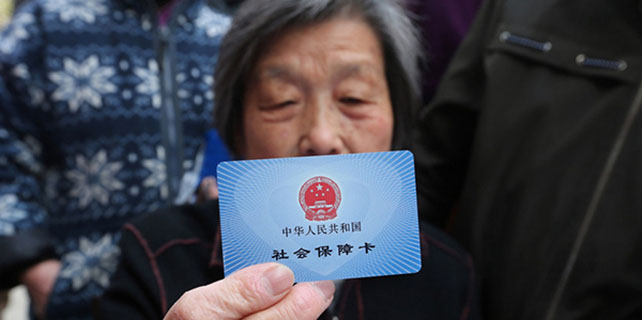The shoe is on the other foot for Chinese producers
The other day I read a media report about a Chinese college student buying a pair of Chinese-made basketball shoes when he was traveling abroad. The shoes had since served him well. A friend of his later bought a pair of shoes in China made by the same company, but after only two months of use, the cushioning parts broke.
China doesn't lack the ability to produce high-end goods, but it does lack advanced industry standards and the mechanisms to discourage manufacturers from applying different standards when they produce goods for different markets.
Chinese consumers are increasingly spending big money on high-end products, exquisite packing and the latest styles, but there is a lack of supply of high-end products in the home market.
No matter if it's Singles Day on Nov 11, arguably China's biggest shopping day of the year, or foreign shopping days such as Black Friday, the Chinese have shown their love of shopping by continually setting new sales records.
Yet, a large amount of spending by many Chinese consumers has gone in the direction of overseas shopping agents, cross-border e-commerce websites, or retailers of foreign-branded products sold in China.
When Christian Dior became the first luxury brand to sell its iconic Lady Dior bags on WeChat for the Chinese equivalent of Valentine's Day, the Qixi festival, in August, the limited edition was sold out online the second day after it was posted.
Every year, as Valentine's Day approaches, florists record a surge in the sales of roses, especially those high-end imported varieties, as more people order luxury bouquets packed in rectangular boxes. Many of those delicate blooms are grown and transported from as far away as Ecuador in South America.
The tastes of Chinese consumers are changing. With a higher demand for brands and cost-effective products, quality instead of price has become the key to market competition.
Many China-made top-quality products, like mobile phones, electric rice cookers, clothing and food have been exported overseas, and sold only in foreign markets. Chinese consumers have to spend more time and more money to buy them when they travel abroad, through e-commerce websites, or through overseas buying agents.
I hope to see more products produced to the same standards for both the home and overseas markets, and more quality goods offered to the picky Chinese consumers.









